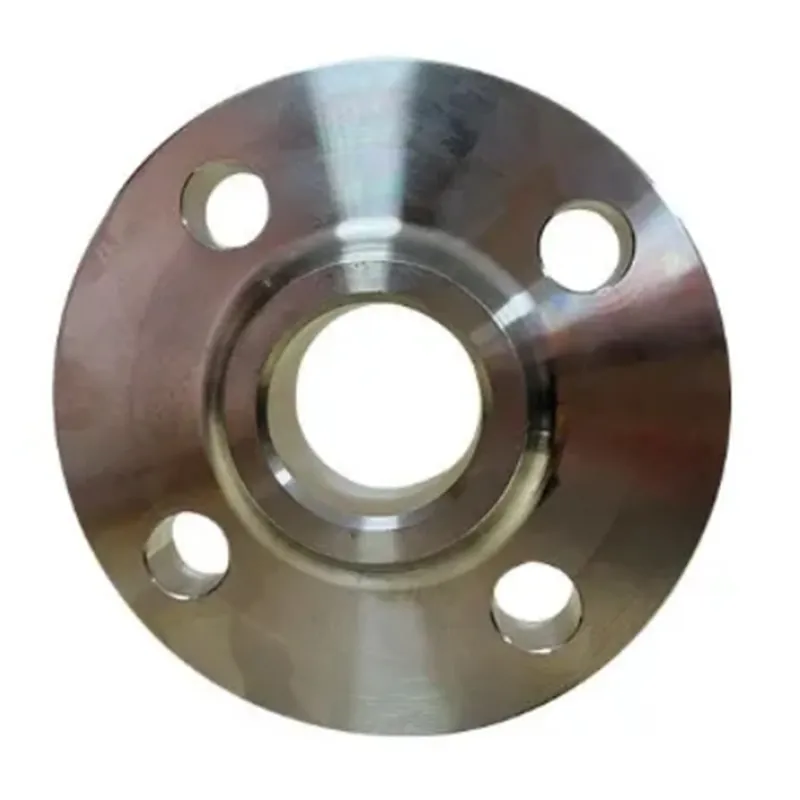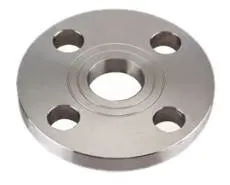-
Cangzhou Yulong Steel Co., Ltd.
-
Phone:
+86 13303177267 -
Email:
admin@ylsteelfittings.com
- English
- Arabic
- Italian
- Spanish
- Portuguese
- German
- kazakh
- Persian
- Greek
- French
- Russian
- Polish
- Thai
- Indonesian
- Vietnamese
- Zulu
- Korean
- Uzbek
- Hindi
- Serbian
- Malay
- Ukrainian
- Gujarati
- Haitian Creole
- hausa
- hawaiian
- Hebrew
- Miao
- Hungarian
- Icelandic
- igbo
- irish
- Japanese
- Javanese
- Kannada
- Khmer
- Rwandese
- Afrikaans
- Albanian
- Amharic
- Armenian
- Azerbaijani
- Basque
- Belarusian
- Bengali
- Bosnian
- Bulgarian
- Catalan
- Cebuano
- China
- China (Taiwan)
- Corsican
- Croatian
- Czech
- Danish
- Esperanto
- Estonian
- Finnish
- Frisian
- Galician
- Georgian
- Kurdish
- Kyrgyz
- Lao
- Latin
- Latvian
- Lithuanian
- Luxembourgish
- Macedonian
- Malgashi
- Malayalam
- Maltese
- Maori
- Marathi
- Mongolian
- Myanmar
- Nepali
- Norwegian
- Norwegian
- Occitan
- Pashto
- Dutch
- Punjabi
- Romanian
- Samoan
- Scottish Gaelic
- Sesotho
- Shona
- Sindhi
- Sinhala
- Slovak
- Slovenian
- Somali
- Sundanese
- Swahili
- Swedish
- Tagalog
- Tajik
- Tamil
- Tatar
- Telugu
- Turkish
- Turkmen
- Urdu
- Uighur
- Welsh
- Bantu
- Yiddish
- Yoruba

Jan . 17, 2025 01:49 Back to list
1 inch metal pipe
1-inch metal pipes are indispensable across various industries due to their versatility and durability. They are frequently used in construction, plumbing, and industrial applications, offering reliability and strength. Understanding the benefits and applications of 1-inch metal pipes can provide significant insights into their importance in everyday projects.
When discussing the types of metal used in these pipes, stainless steel and galvanized steel are the most prevalent. Stainless steel pipes are known for their corrosion resistance, making them ideal for situations exposed to moisture or chemicals. On the other hand, galvanized steel pipes, while also offering excellent resistance to rust, are often more cost-effective and are used in applications where extreme corrosion resistance is not as critical. For those interested in eco-friendly practices, metal pipes are a sustainable option. They are recyclable, reducing the environmental footprint, and their longevity contributes to less material waste over time. Selecting metal pipes aligns well with green building certifications and initiatives, providing both functional and environmental benefits. For professionals tasked with choosing materials for construction or industrial projects, the expertise required encompasses a deep understanding of material properties and application requirements. Partnering with reputable suppliers ensures that the pipes meet quality standards and project specifications. It's essential to collaborate with suppliers who can offer the necessary certifications and assurances around their products' production processes and material integrity. In summary, the 1-inch metal pipe is not just a component of larger systems; it is a critical building block across various industries that delivers unparalleled benefits in terms of durability, versatility, and sustainability. Whether used in construction, plumbing, or industrial settings, these pipes ensure that projects not only start strong but remain resilient and efficient throughout their lifecycle. Professionals making informed decisions regarding these materials will invariably contribute to the success and sustainability of their projects, standing on the pillars of quality and reliability.


When discussing the types of metal used in these pipes, stainless steel and galvanized steel are the most prevalent. Stainless steel pipes are known for their corrosion resistance, making them ideal for situations exposed to moisture or chemicals. On the other hand, galvanized steel pipes, while also offering excellent resistance to rust, are often more cost-effective and are used in applications where extreme corrosion resistance is not as critical. For those interested in eco-friendly practices, metal pipes are a sustainable option. They are recyclable, reducing the environmental footprint, and their longevity contributes to less material waste over time. Selecting metal pipes aligns well with green building certifications and initiatives, providing both functional and environmental benefits. For professionals tasked with choosing materials for construction or industrial projects, the expertise required encompasses a deep understanding of material properties and application requirements. Partnering with reputable suppliers ensures that the pipes meet quality standards and project specifications. It's essential to collaborate with suppliers who can offer the necessary certifications and assurances around their products' production processes and material integrity. In summary, the 1-inch metal pipe is not just a component of larger systems; it is a critical building block across various industries that delivers unparalleled benefits in terms of durability, versatility, and sustainability. Whether used in construction, plumbing, or industrial settings, these pipes ensure that projects not only start strong but remain resilient and efficient throughout their lifecycle. Professionals making informed decisions regarding these materials will invariably contribute to the success and sustainability of their projects, standing on the pillars of quality and reliability.
Next:
Latest news
-
ANSI 150P SS304 SO FLANGE
NewsFeb.14,2025
-
ASTM A333GR6 STEEL PIPE
NewsJan.20,2025
-
ANSI B16.5 WELDING NECK FLANGE
NewsJan.15,2026
-
ANSI B16.5 SLIP-ON FLANGE
NewsApr.19,2024
-
SABS 1123 FLANGE
NewsJan.15,2025
-
DIN86044 PLATE FLANGE
NewsApr.19,2024
-
DIN2527 BLIND FLANGE
NewsApr.12,2024
-
JIS B2311 Butt-Welding Fittings LR/SR 45°/90° /180°Seamless/Weld
NewsApr.23,2024











